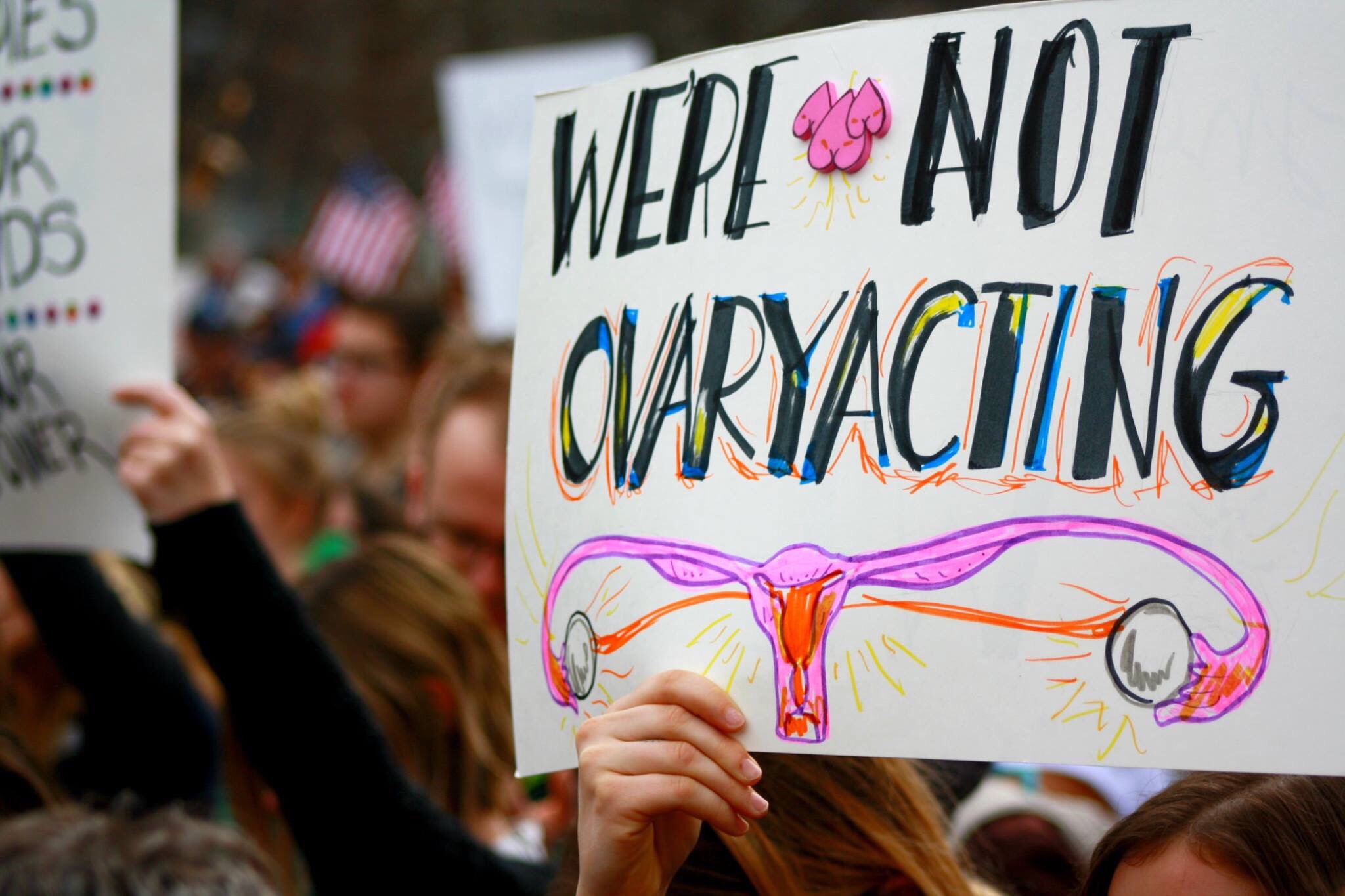Blog October 7, 2020
For Republicans, Abortion Attitudes Differ Depending on the Composition of Their Social Circle

Although abortion attitudes are highly polarized between the two parties and the issue remains contentious, among Republicans, views vary depending on their political networks. Continue Reading →
In the midst of a heated presidential election, health pandemic, and social unrest, it is important to understand how those around us shape our thinking and influence our behavior. Continue Reading →
Blog September 30, 2020
Democrats and Republicans Believe Their Opponents’ Policies Threaten the National Interest

Lost amid the rhetorical brinksmanship in the fight to replace Supreme Court Justice Ruth Bader Ginsburg, who recently passed after battling pancreatic cancer, is the reason Republicans believe this particular fight is necessary and why Democrats are unlikely to take a measured response. Continue Reading →
The American National Social Network Survey explains how personal networks and relationships condition personal behavior and influence decisions. Continue Reading →
Commentary September 17, 2020
More and More Americans aren’t Religious. Why are Democrats Ignoring These Voters?

Often lost in this, though, is the fact that Democrats are mostly ignoring a massive group of voters who are becoming an increasingly crucial part of their base: people who don’t have any religion at all. Continue Reading →
The Survey Center on American Life makes its data available to the public after a period of six to twelve months. Datasets are available to download as Stata and SPSS files. Survey datasets are cleaned with all identifying information removed. Access to data downloads requires making a free account. Continue Reading →
From the earliest days of the coronavirus outbreak, Continue Reading →
From the earliest days of the coronavirus outbreak, Continue Reading →
If it takes a village to raise a child, what happens to parents when the village goes into lockdown? Continue Reading →











